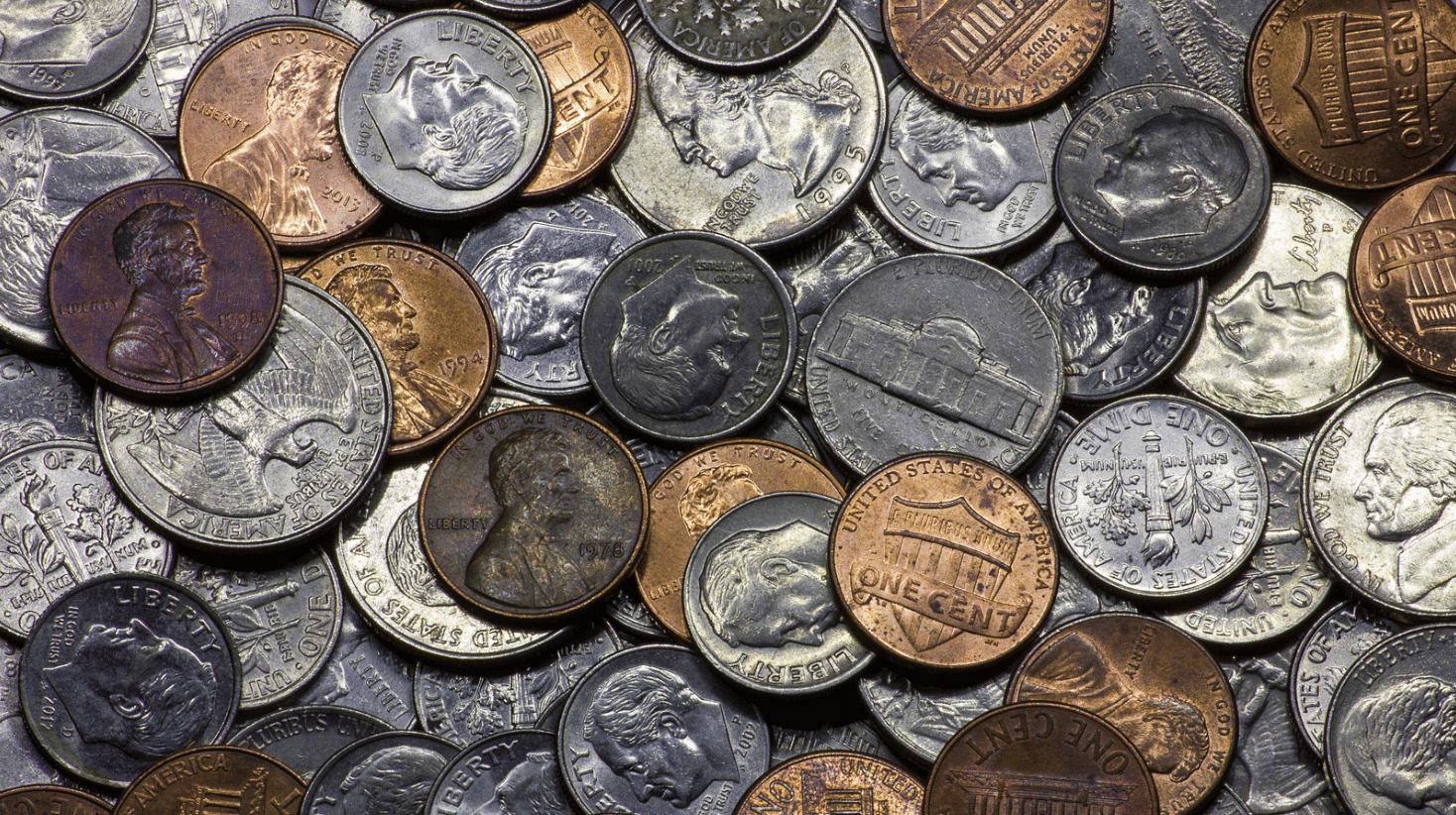
With the world increasingly relying on digital solutions to make payments and cash remittances, is easy to forget how important physical currency still is. Mobile payments and automated teller machines are convenient, but there are still many transactions that require cash and coin. Until such day when all things can be paid for with credit card or smartphone, currency will continue to have an important role in everyday commerce. Additionally, studies show that while younger generations may be more inclined to use technology products for making payments, older segments of the population, as well as workers that receive their compensation in cash, still comprise a significant percentage of the retail economy.
CBS News reported last year on a national study by the Diary of Consumer Payment Choice, which signaled that cash still has a “dominant role” in small-value transactions. The study also found that cash continues to be essential for lower-income consumers and people who do not have access to alternative payment options.
“Cash continues to be essential for lower-income consumers and people who do not have access to alternative payment options.”
Coin is still king for parking meters in Dallas
According The Dallas Morning News, the city recently experimented with pay-by-phone parking meters and discovered that “coin is still king.” Donzell Gibson, Police Department assistant director warned the City Council transportation committee that investment in expensive technologies for accepting mobile payments may be premature. The results of the city’s 2014 pay-by-phone parking program did not reveal that consumers are falling over themselves trying to pay with mobile devices.
“Do your homework before you go out and spend millions of dollars on new technologies and do your homework before you make wholesale changes to your policies,” said Gibson, according to the news source.
Dallas intends to have a new parking management system in place by early 2016 and is currently accepting proposals for parking services to allow multiple payment options, but it is unclear how strongly people will campaign for digital payments. Sticking with coins may turn out to be the better option.
Phone transactions are increasing, but not fast enough not warrant a change
An initial review of pay-by-phone statistics found that there is indication that eventually mobile device payments could catch on, reported The Dallas Morning News. Pay-by-phone use at parking meters doubled from 6,384 and 10,945 in 2014 to 12,687 users and 24,088 transactions in 2015. However, while the growth rate is considerable, those payments still only represent a very small part of total parking payments made in the city, currently amounting to a little over 10 percent of all meter revenue.
 People still use coins to pay for parking.
People still use coins to pay for parking.Despite some interest in mobile payments from Dallas residents, a survey spanning five neighborhoods found that most people continue to use coins rather than credit cards. Interestingly, the more expensive the parking rate, the higher the chance that people would use their cards. This is consistent with information from the Federal Reserve Bank of San Francisco, which noted how cash continues to be the dominant instrument for low-value payments.
“Consumers choose to use cash more frequently than any other payment instrument, including debit or credit cards,” wrote the FRBSF in a summary.
Cash-based businesses have their own technology solutions
We live in an Orwellian future, so it is likely that at some point technology products will replace cash. That day is not today. Consumers are increasingly interested in mobile payment options, paperless offices, and digital banking solutions and that interest is good. A desire for change demonstrates that the world is constantly striving for innovation in all areas of business. However, heightened interest in digital solutions does mean that overnight the most basic method for conducting commerce, ever since society evolved beyond the trade and barter system, will be done away with.
Since cash and coin continue to represent a large percentage of consumer transactions. For businesses that deal predominantly in payments, such as credit unions, back-office retail cash rooms and banks, investment in cash recyclers and coin dispensers is warranted. Improving the way cash is accepted, dispensed, stored and counted is a reliance on technology that, unlike pay-by-phone parking meters, is not premature.

